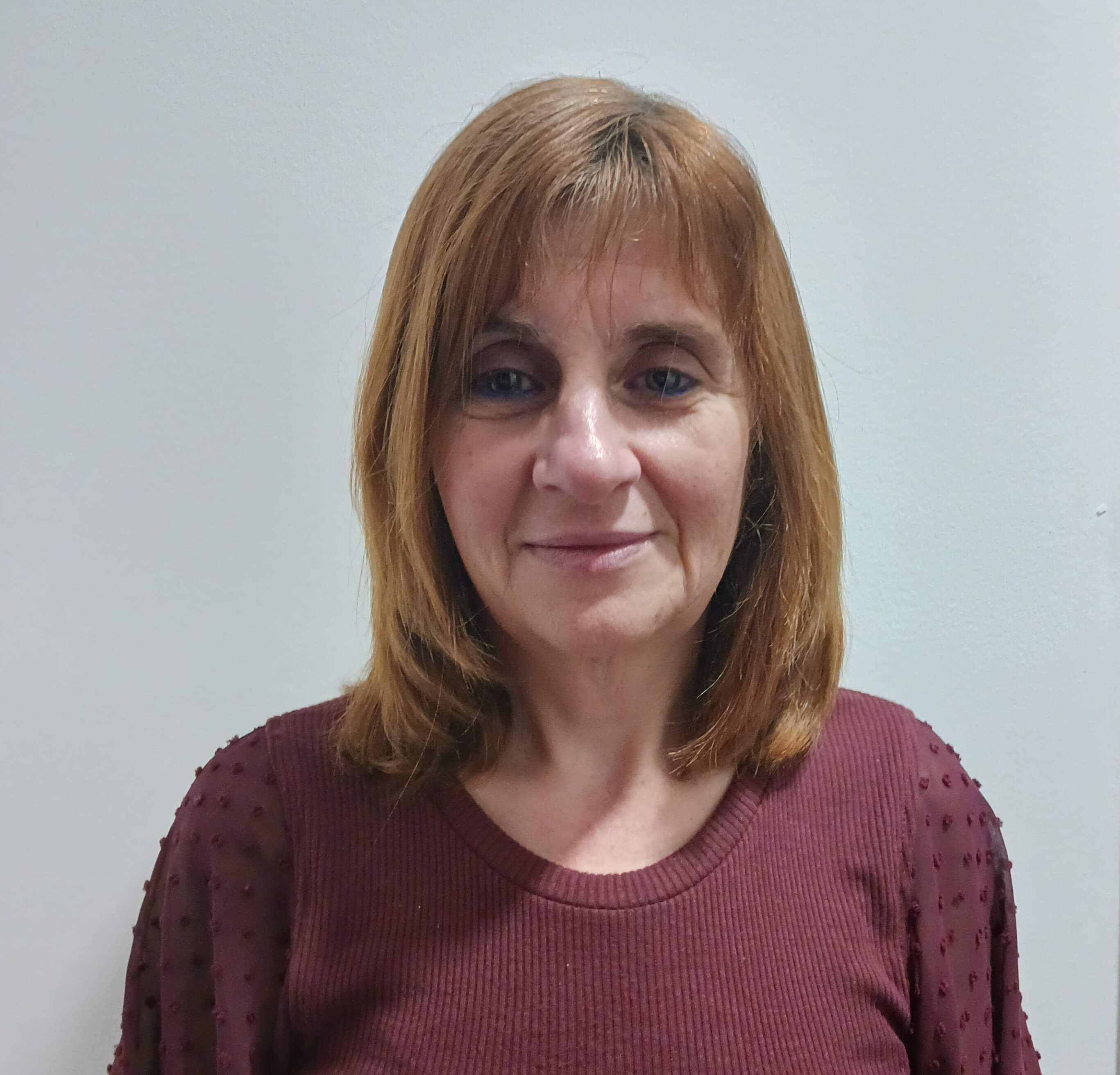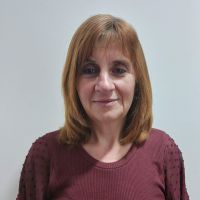
Isabel Maria de Melo da Silva
Isabel Maria de Melo da Silva holds a Master's degree in Early Childhood Education and is currently a PhD candidate in Education with the project “The Contribution of Environmental Education in the 4th Year of Basic Education: Analysis of the Relationships between the Knowledge of Students in Urban and Rural Areas.”. She is a member of the ReLeCo Socio-Artistic Studies for Decoloniality and Sustainability.
Advisor: Inês Vieira
Co-advisor: Vitor Duarte Teodoro
Áreas de interesse académico e científico Areas of academic and scientific interest
- Environmental Education
- Citizenship
Abstract
The present study aims to prepare a research report to prove qualification for the Doctorate in Education course at the Lusófona University of Lisbon.
In the course of my professional activity, I see that students are poorly trained and encouraged to understand that some of their daily acts influence less good practices in favor of the environment, observing some differences in behavior and attitudes between those who live in urban areas and in the rural. In this sense, I want to question: do students who live in urban and rural areas have the same skills regarding environmental aspects?
The school as an educational agent is fundamental in the development of “Ecological Consciousness”, it is at this stage that students build their foundations, so that in the future they can change various behaviors and environmental policies currently in force. According to the Framework for Environmental Education for Sustainability, “School cannot be limited to being a mere space for the transmission of academic knowledge”, and it is essential that it “concerns with the formation of young people as full-fledged citizens, preparing them for the exercise of active, responsible and enlightened citizenship in the face of civil society problems” (DGE, 2018, p.5).
The participants in this research study will be 4th year students, aged between nine and ten years old. It will be carried out in six schools, two located in urban areas and the remaining four located in rural areas, belonging to the four existing groups in the municipality of Torres Vedras.
The empirical field will be framed in a qualitative investigation, centered on various data collection instruments, such as participant observation, productions and graphic records produced by students and researchers, students' perceptions of environmental problems, student interviews, teachers, coordinators and directors of the different groups.



